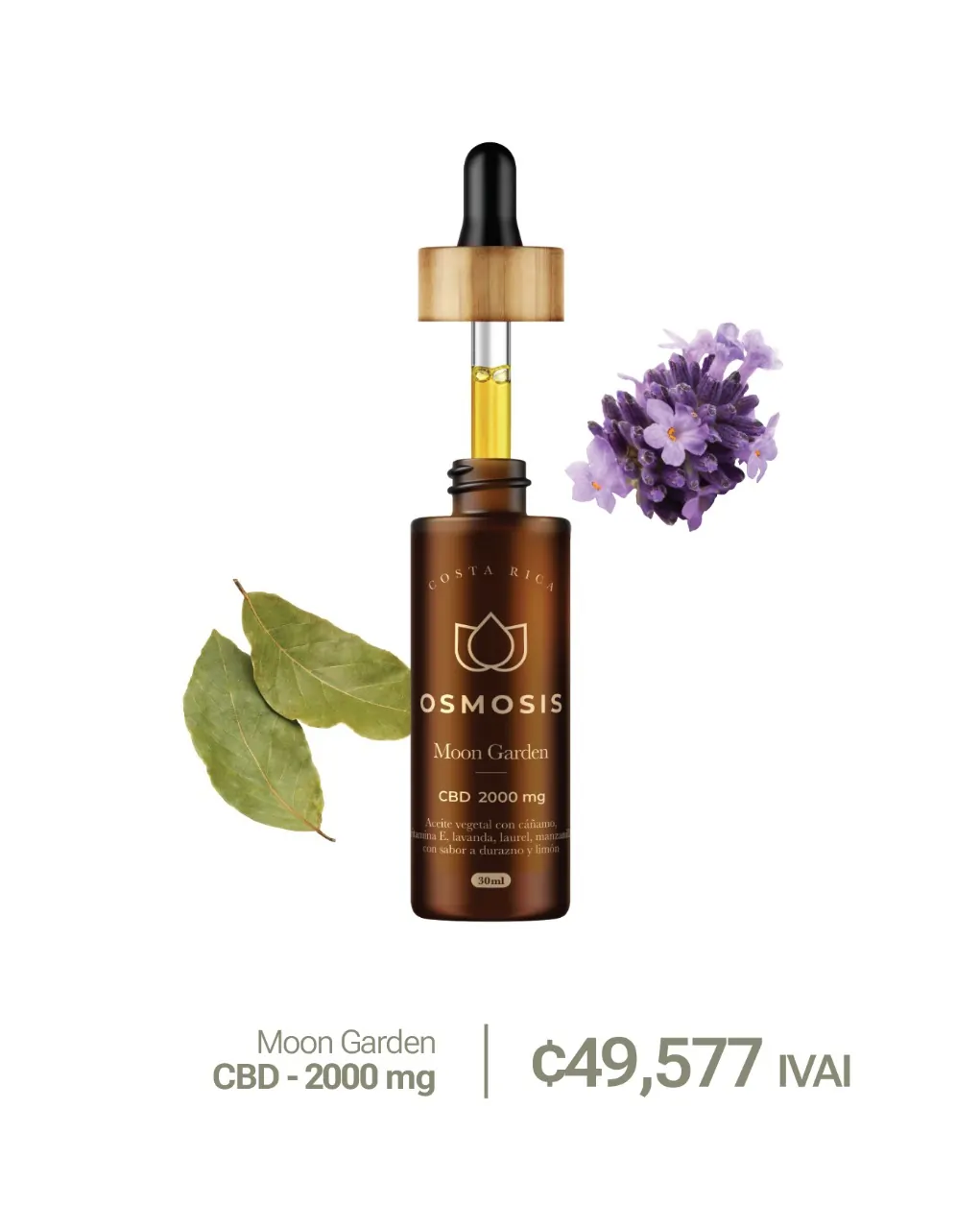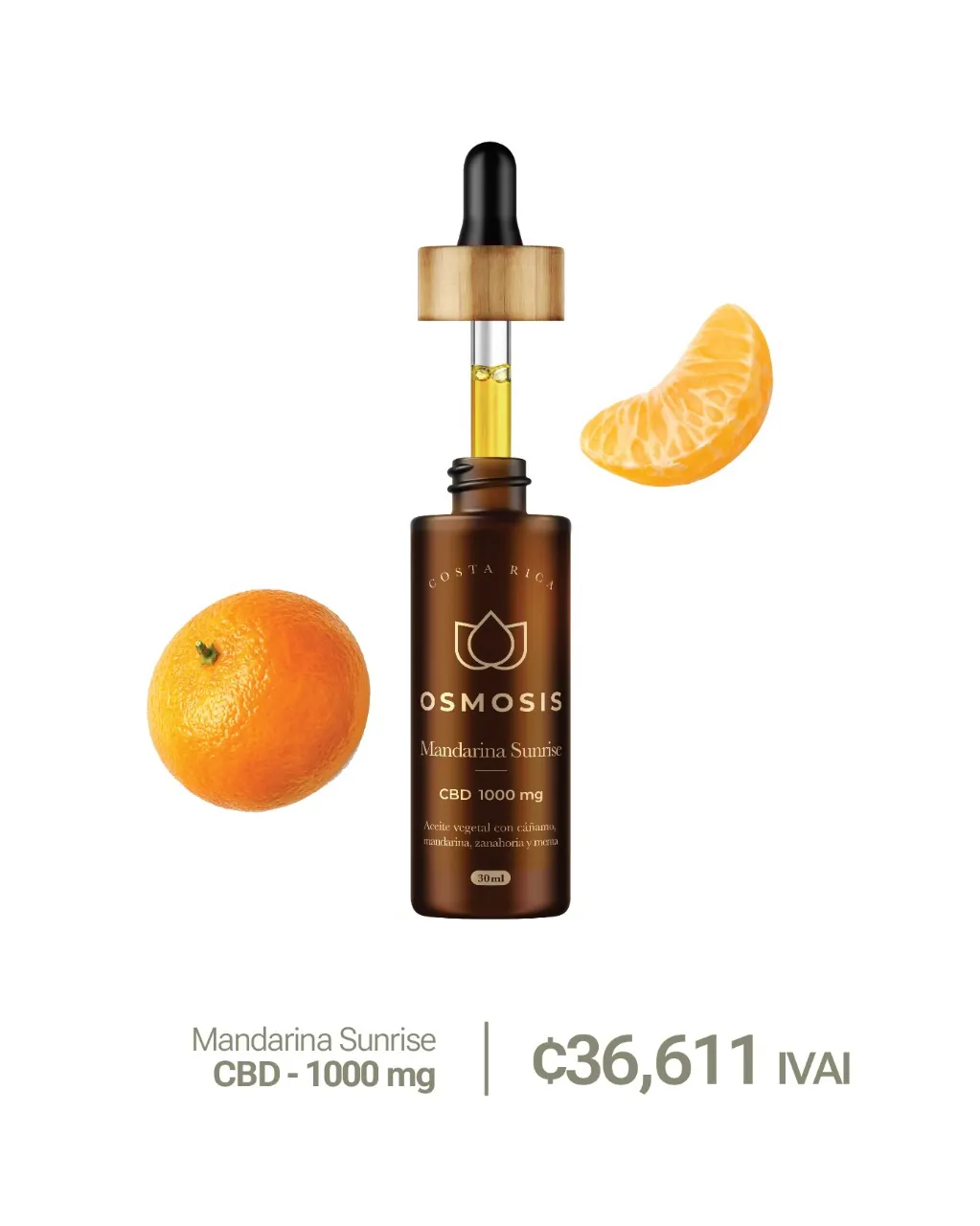The World Health Organization (WHO), organ of the United Nations, determined that cannabidiol (CBD), non psychoactive molecule of the plant cannabis Sativa L, is not a dangerous substance that on the contrary, has a high therapeutic potential .
At the beginning of the year, the WHO had announced after 82 years, the Committee of Experts on Drug Addiction would make a specific review of the medical evidence that exists on the CBD.
In an historical fact, the meeting was held in Geneva from November 6-10 with support from the Food and Drug Administration (FDA) who had called on organizations interested in issuing opinions on the subject.
The report -which can be consulted in this link (http://bit.ly/2l2jyrD)- reported on the conclusions obtained by the experts after reviewing the existing literature on a drug that occupies a place in the List I of Prohibited substances worldwide.
The most important conclusion reached by experts from the international community is the recognition of important health benefits and non-dangerousness of this cannabinoid currently used for multiple medical treatments.
The comments of the report are given in different ways. In a first level, we talk about the null dependency record.
“In human use, no study assisted reported potential CBD dependence in humans that has been identified … In animals, the available literature did not support a potential abuse of CBD.”
The second concluded aspect highlights that there is no individual or social abuse due to misuse of the substance. Nor were traffic problems reported in countries.
“There are no reported cases of abuse or dependence on the use of pure CBD. There are no identities concerns in public health, such as driving under the effects of the substance. “
Likewise, clinical and preclinical studies around the substance were recognized.
“The CBD has been researched for a variety of conditions such as epilepsy whose area is where most advances have been made.”
“There is preliminary evidence that CBD may be effective in the treatment of Alzheimer’s disease, cancer, psychosis, Parkinson’s and others.”
Finally, the WHO makes a recommendation on the possibility of removing the CBD from the current classification.
“Based on the evidence, the CBD lacks psychoactivity, has reinforcing properties and propensity to abuse. On the other hand, emerging studies suggest a high therapeutic promise. Declassifying this substance could impact accessibility and scientific research. “
The results of this report could positively impact access and contribute to the change of legislation in the countries where patients are now becoming aware. Above all, if the recommendations of the World Health Organization are taken within the US federal prohibition. Many countries in the world have accepted the uses of the CBD in health programs, especially in patients with epilepsy. The report does not touch on the well-known psychoactive component Δ9 THC.
This is the first time in history that a United Nations organization recognizes the therapeutic properties of cannabis.
Read the WHO full report at the following link: http://bit.ly/2l2jyrD
Follow us on Instagram





